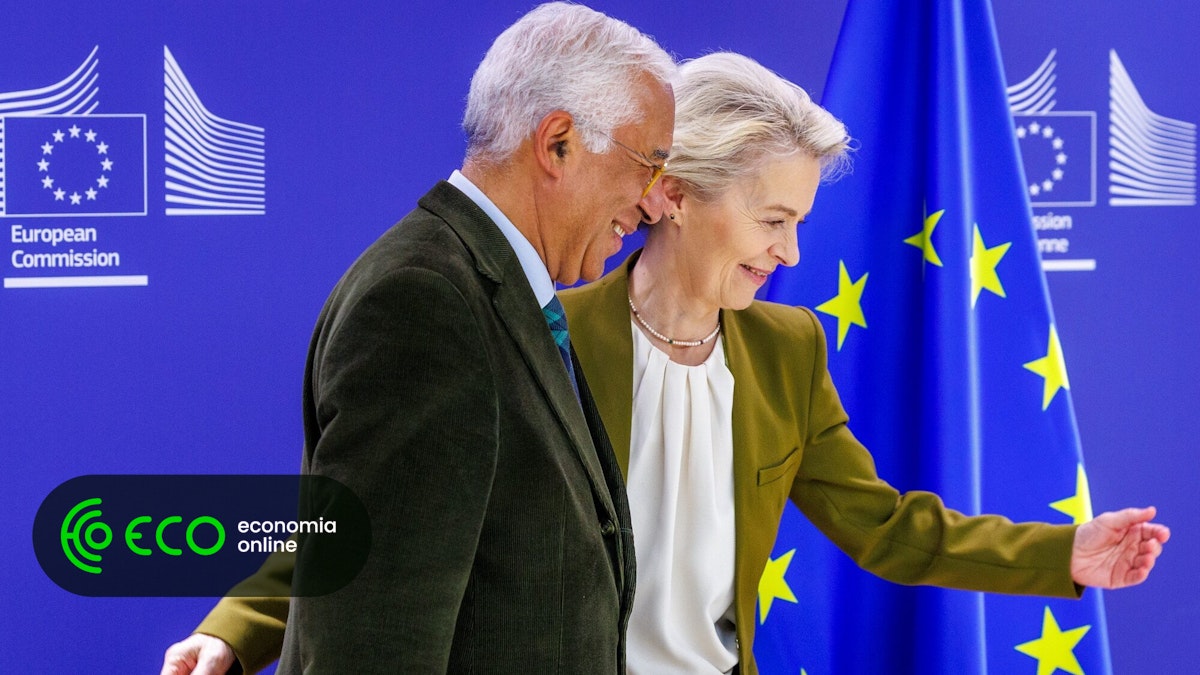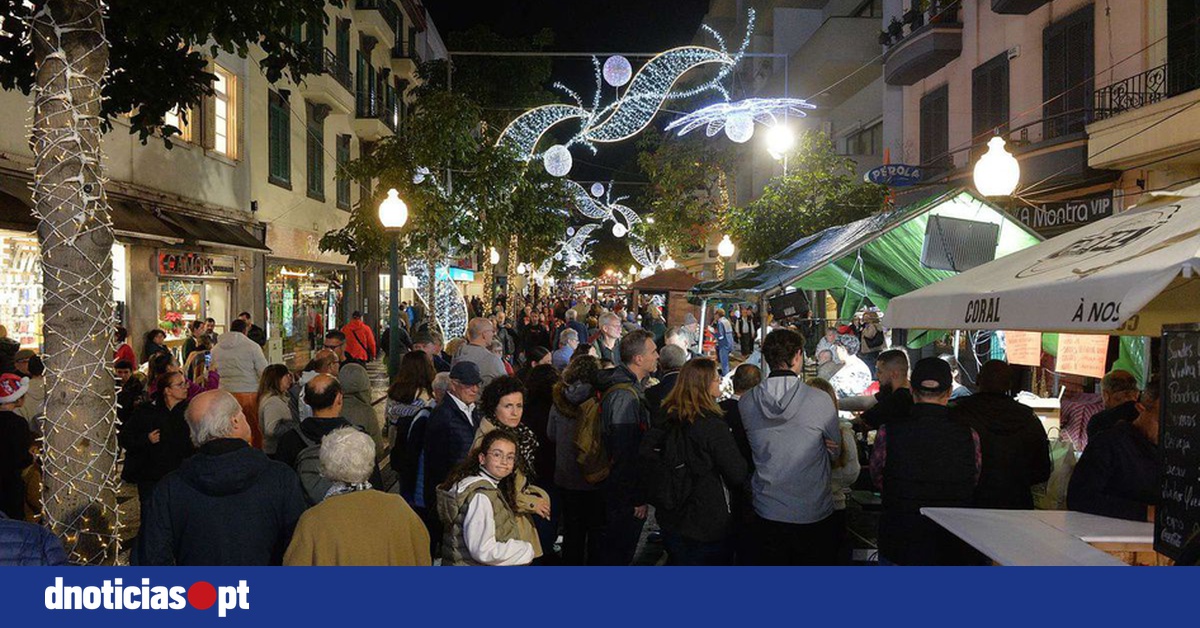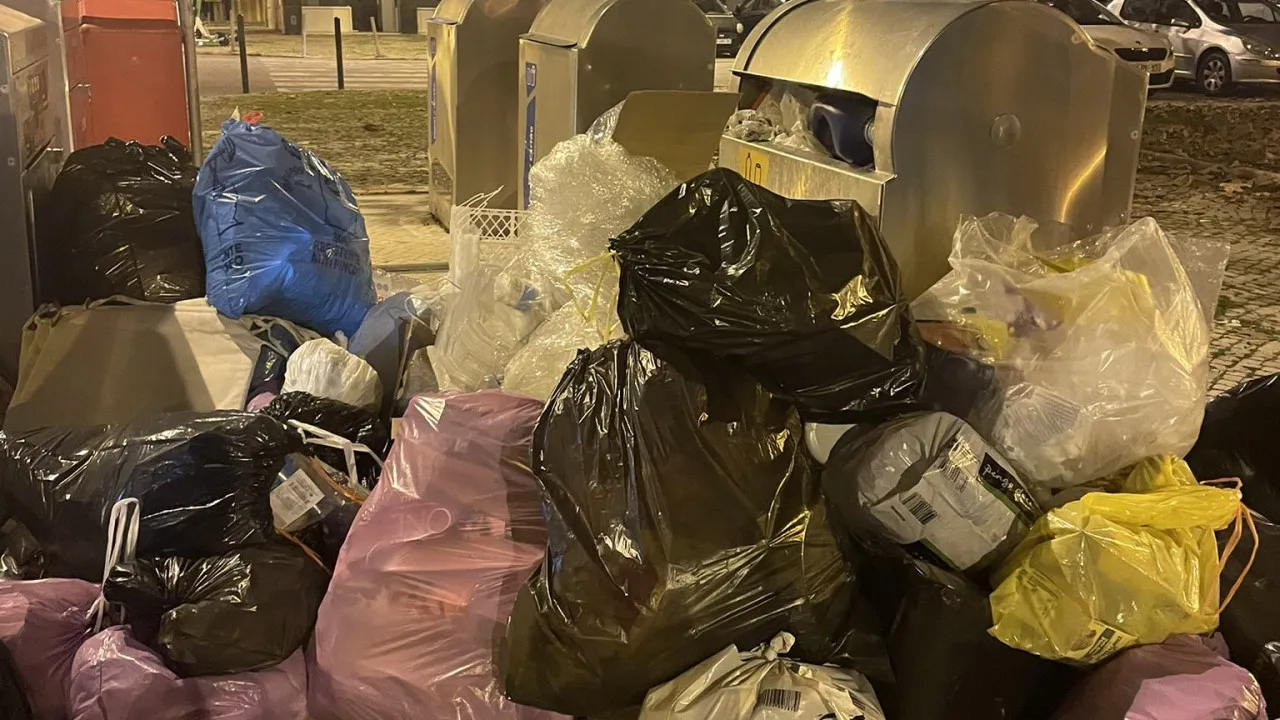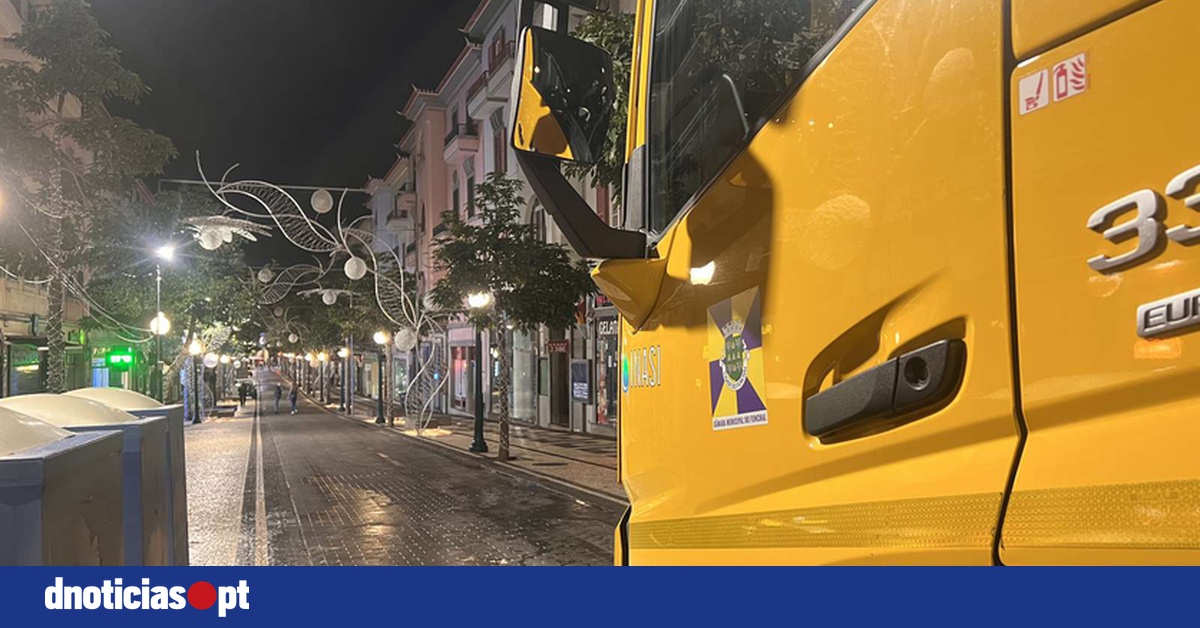Summary:
António Costa officially takes over the European Council presidency this Friday.
He faces the challenge of managing 27 political sensitivities amid a divided Europe.
Recent European elections have led to a more fragmented Parliament, complicating consensus-building.
Donald Trump's potential return to power raises concerns about trade relations.
Costa's first meeting will be on December 19-20 in Brussels.
António Costa Takes Over the European Council
Charles Michel and António Costa are set to officially transition the presidency of the European Council this Friday in Brussels. This change comes just days after the new European Commission was voted in by Parliament, positioning the three primary European institutions to embark on a new political cycle.
Costa, who is known among European partners as the "master of consensus", faces a daunting mandate ahead. Since September 1, he has been laying the groundwork with a small transition team of six Portuguese members. His strategy involves visiting each of the 27 member states, including Portugal, to shape plans for the next two and a half years at the helm of the main institution representing these nations.
“It will be very difficult,” predicts Paulo Sande, a specialist in European affairs and former advisor to the President of Portugal. “António Costa will face the challenge of managing 27 distinct political sensitivities at a time when Europe is divided and struggling to find consensus,” he emphasizes.
Challenges Ahead
The difficulties will be felt both within and beyond the EU's borders. A rightward shift in recent European elections has resulted in a more fragmented European Parliament, reflecting broader trends that test the political stability of two key members: France and Germany. According to Sande, this scenario of potential "ungovernability" in these states weakens the EU's decision-making power and could leave Costa with one less socialist at the table if Olaf Scholz loses confidence in December and subsequently fails to win the upcoming elections.
“These are risk factors, especially with Germany facing economic challenges,” Sande notes, highlighting that it is unlikely these issues won't impact Europe as a whole.
External Risks for Costa
On the international front, Donald Trump is poised for a return to the White House, having threatened the EU with a potential trade war. As geopolitical tensions rise in the Middle East and Ukraine, Costa has downplayed these threats in a recent interview, yet experts like Sande remain skeptical.
“Trump does not have a conciliatory vision or one that seeks consensus, unlike António Costa,” he warns, suggesting that the diplomatic approach that Costa embodies may not align with Trump's confrontational style.
The Role of Ursula von der Leyen
The dynamics between Costa and Ursula von der Leyen, the President of the European Commission, will also be critical. While Costa is recognized for his ability to forge compromises, Möller, a political scientist at the European Policy Institute, notes that the task will be challenging, and von der Leyen's role will be significant. Both leaders are expected to commence their roles on December 1, with von der Leyen promising to implement a strategic plan to enhance European competitiveness from day one.
Costa's first meeting as president will be the European Council on December 19 and 20 in Brussels, where he aims to put into practice the feedback he has received from the member states.










Comments
Join Our Community
Create an account to share your thoughts, engage with others, and be part of our growing community.